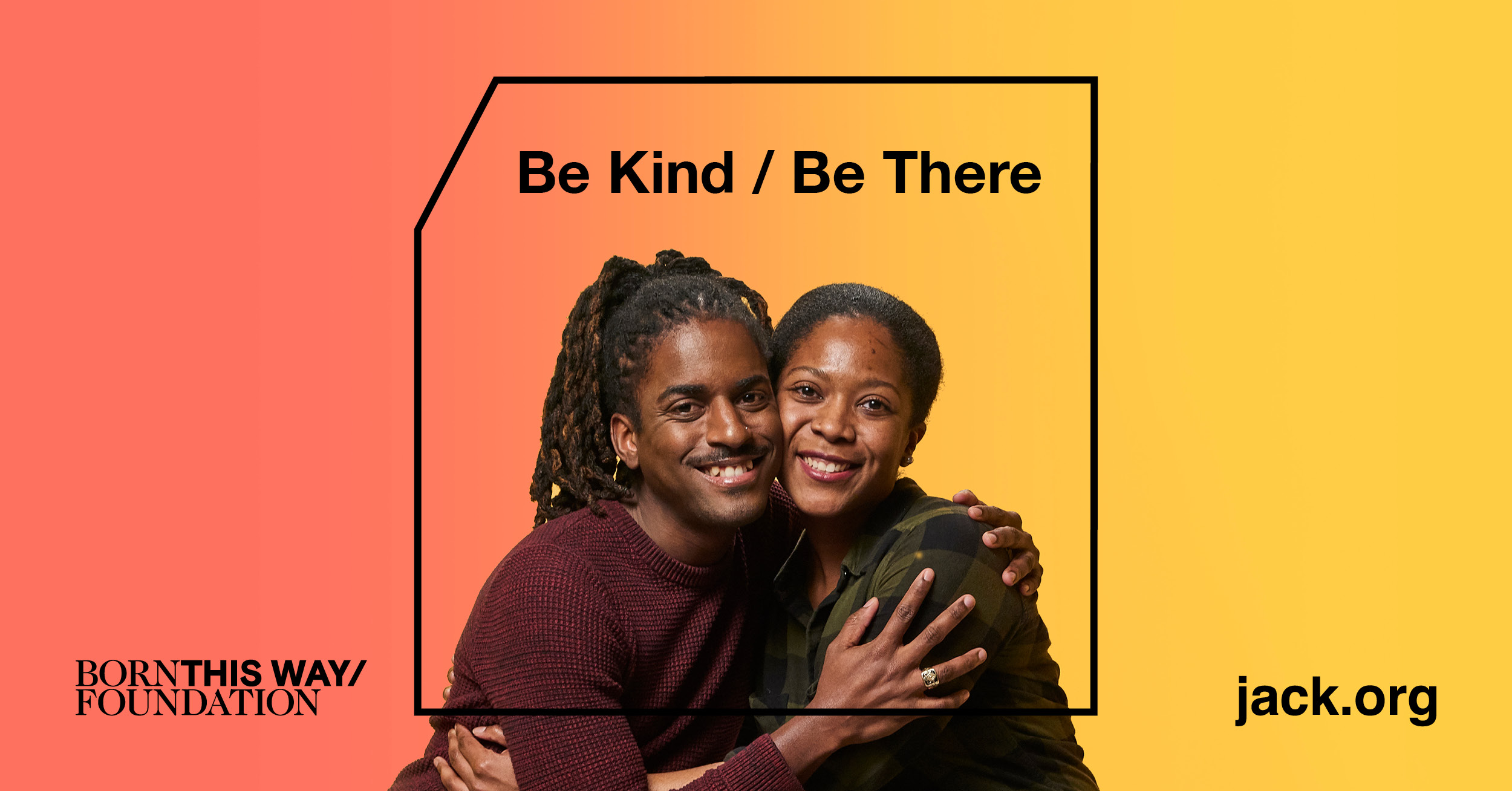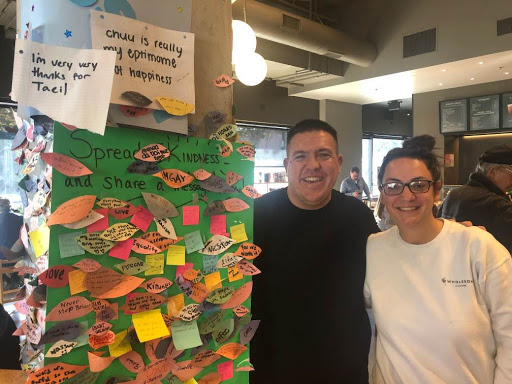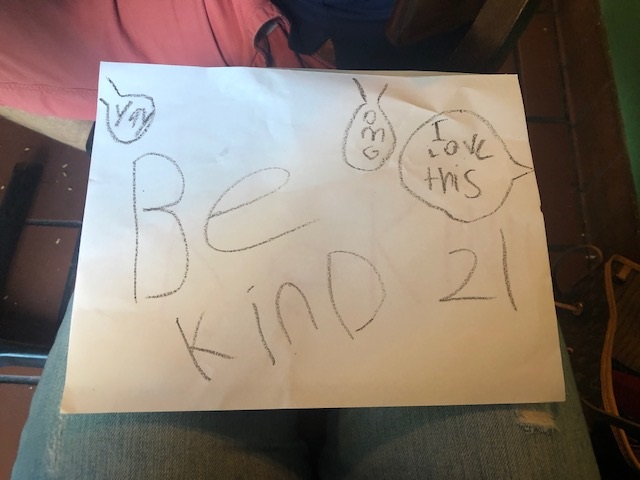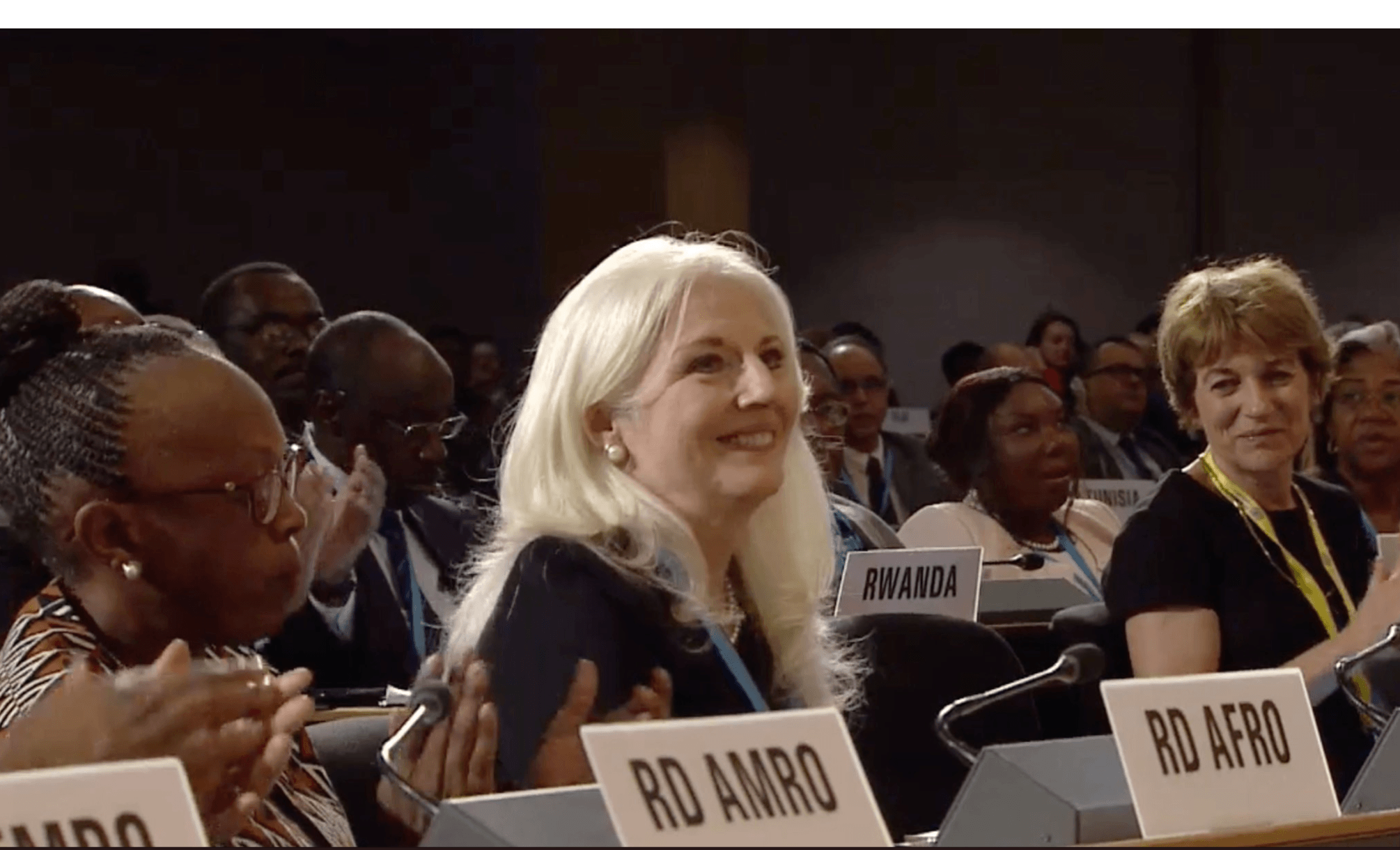Alex Aide is Director of Programs for Born This Way Foundation
I’m so proud to tell you that Born This Way Foundation and Jack.org are teaming up to launch #BeKindBeThere. Hosted on Jack.org’s Be There platform, #BeKindBeThere aims to reinforce the importance of equipping young people with the knowledge and confidence they need to recognize when someone is struggling, lean into tough conversations, and maintain their own mental health while showing they care. To be kind by being there.
Click here to learn how you can #BeKindBeThere for yourself and others.
We believe young people everywhere should have access to resources and tools to support themselves and each other when it comes to their mental health. This access creates real change and has the ability to save countless lives. Let me give you an example that, unfortunately, happens every day in every part of the world:
A young person named Morgan has been down in the pits for the past couple of weeks. Morgan is struggling to share that information because they feel embarrassed about it. Their parents never really talk about mental health, and it’s just not something they feel comfortable bringing up. Morgan worries they might be judged or that someone might make fun of them. However, it’s gotten to the point where they hope a friend, a family member, or someone that cares about them just asks, “are you OK?” But they haven’t yet. So Morgan bravely works up the courage to tell a friend how they are feeling lately, hoping that they’ll listen, offer some hope, and maybe connect them to a professional or a resource that can support them further.
But when they tell their friend, their friend freezes. Their friend has noticed that something is up with Morgan lately, and wants to be there, but just isn’t sure what to say. So they unsuredly say “Well, you’ll feel better soon,” and then quickly change the subject. Morgan doesn’t really feel validated and now doesn’t feel comfortable sharing any more about this situation. Morgan continues to deal with these feelings alone. Their friend feels like they let Morgan down and doesn’t feel confident in bringing up the conversation again, either.
We can fix this. We can share with young people what to say and do when they think their friend is in danger. We can work with an entire generation of young people to break the stigma around mental health and have these life-saving conversations. We can encourage young people as they hold on to each other and never let young people feel like their struggles with mental health are something to be ashamed of or not worth addressing. We can support countless young people so they stay in our world.
Research shows that young people are eager for this information, and we can’t let them down. Jack.org’s research shows that 83% of young people say they’ve supported a friend struggling with their mental health yet only 39% of them felt they were prepared to offer the support that was needed. Comparably, our research at Born This Way Foundation reinforces this need to prepare young people finding that 74% of young people in the U.S. indicated they are interested in resources to support their friend’s mental health, yet approximately 1-in-3 young people say they lack reliable access to mental wellness resources.
If you are a young person, if you have a young person in your life, or if you are of any age and just want to know what to do when someone in your life is going through a difficult time, join us in this initiative to #BeKindBeThere and help us spread the word.
Visit BeThere.org today. Be kind by being there.






